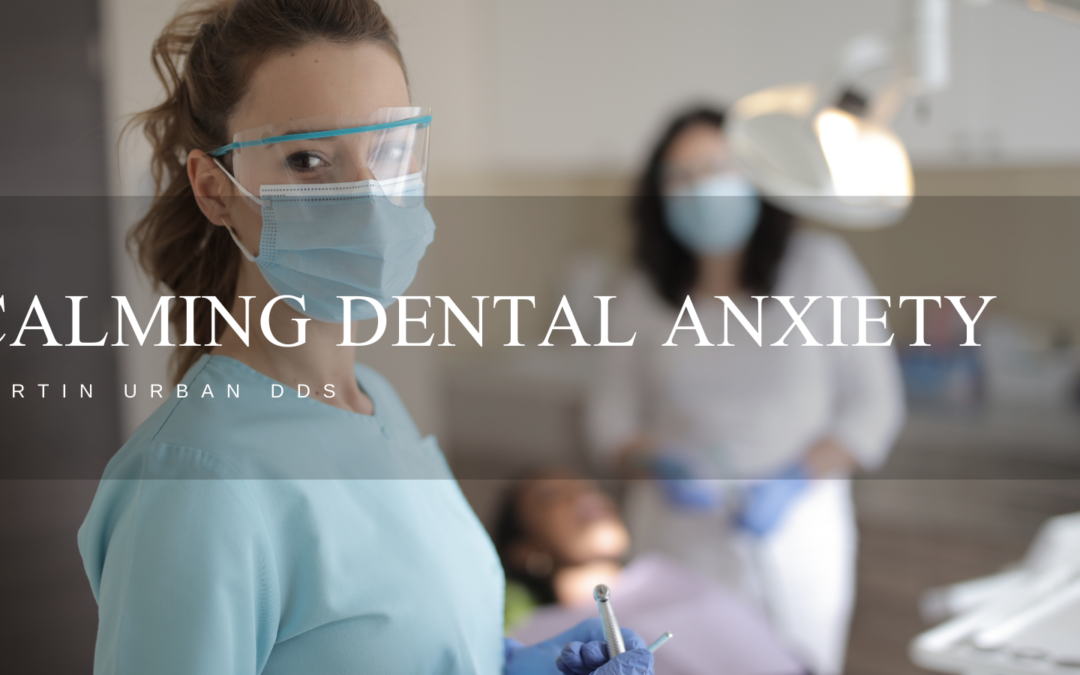Quite a few patients fear going to the dentist. Knowing ways to calm down prior to the appointment is very helpful, whether it’s for a routine cleaning or something that’s more complicated.
The best thing you can do is to share your personal fears with your dentist and the technicians or hygienists. When they know, they can help slow down, walk you through things, and keep you calm.
Also, try to plan your appointment for a day when you’re not busy or rushed. Take advantage of any chance to relax.
Track your food and beverages. Avoid caffeine and things with sugar. They can make you jittery.
Practice any deep breathing techniques that you know. Breathing is crucial to remain calm and in a relaxed state. You’ll probably be breathing only through your nose while they work in your mouth anyway.
Visit your dentist as frequently as you are supposed to. Even people with healthy mouths that floss, brush, and rinse multiple times a day usually have to go in twice a year for routine checkups and appointments. By doing this, you accomplish two things. First, you’ll be more familiar with the surroundings, experience, and environment, which should help you be more comfortable with being there. Second, in keeping up your oral health, you’ll wind up having fewer problem visits that would make you uncomfortable in the first place. Routine cleanings aren’t fun, but they’re a lot more tolerable than fixing things.
Ask your dentist and the staff to slow down. Let them walk you through a procedure or what they’re going to do step by step before they do anything in your mouth. Once they’re in there, you can’t ask questions cohesively, so find chances to communicate early on.
If need be, ask for extra medication. Modern dentist offices have lots of options available to their patients, many of which are not sedation.
Putting off dental treatment and care out of fear of going to the dentist’s office is understandable. However, it can also risk your dental health over time, resulting in anything from cavities and gum disease to losing your teeth. Use these calming techniques before and during your dental visit, and consider sedation at the dentist if they safely offer it.

